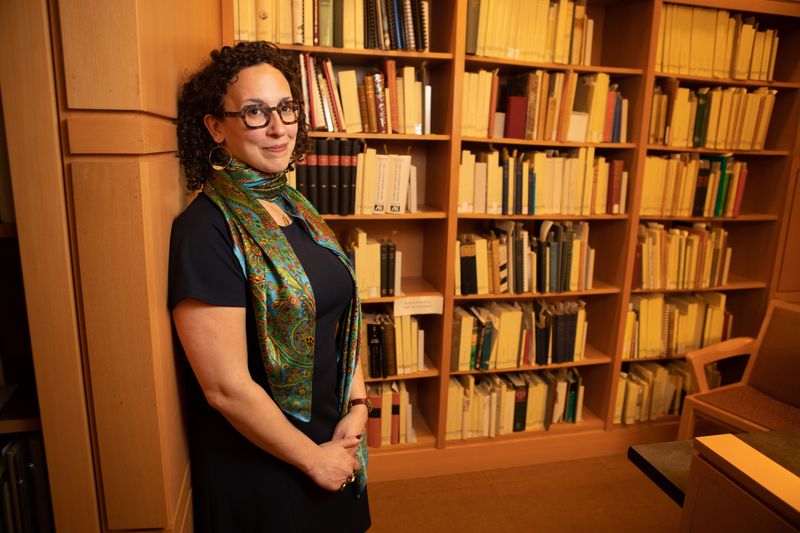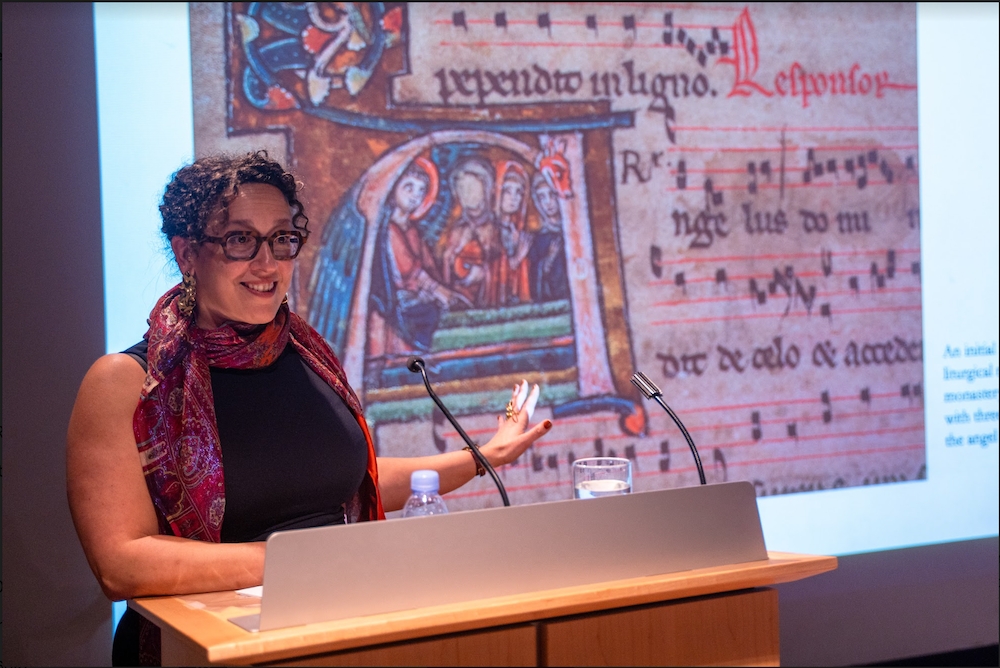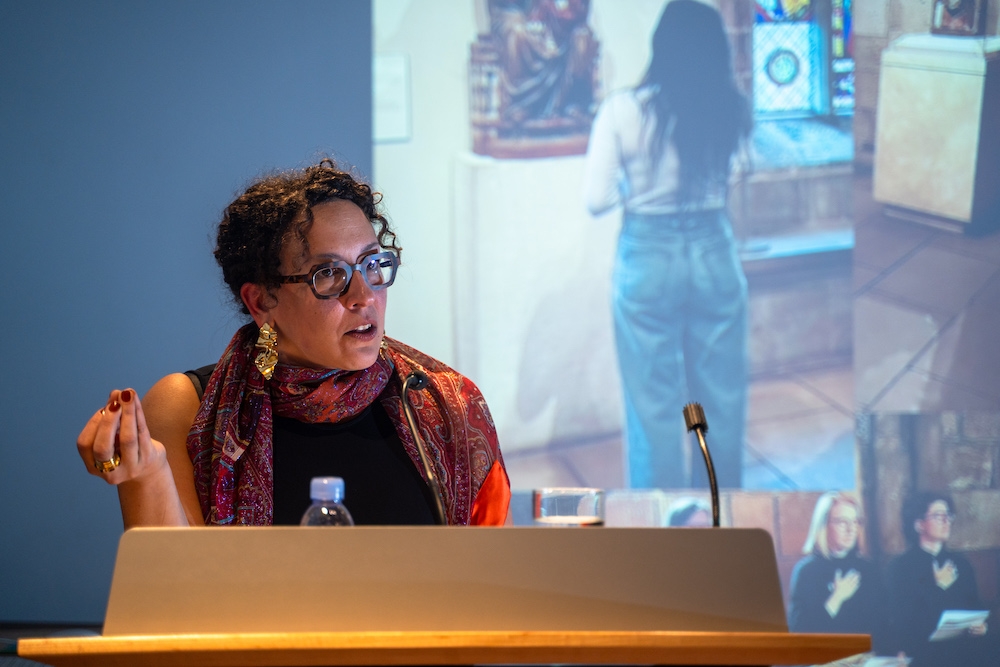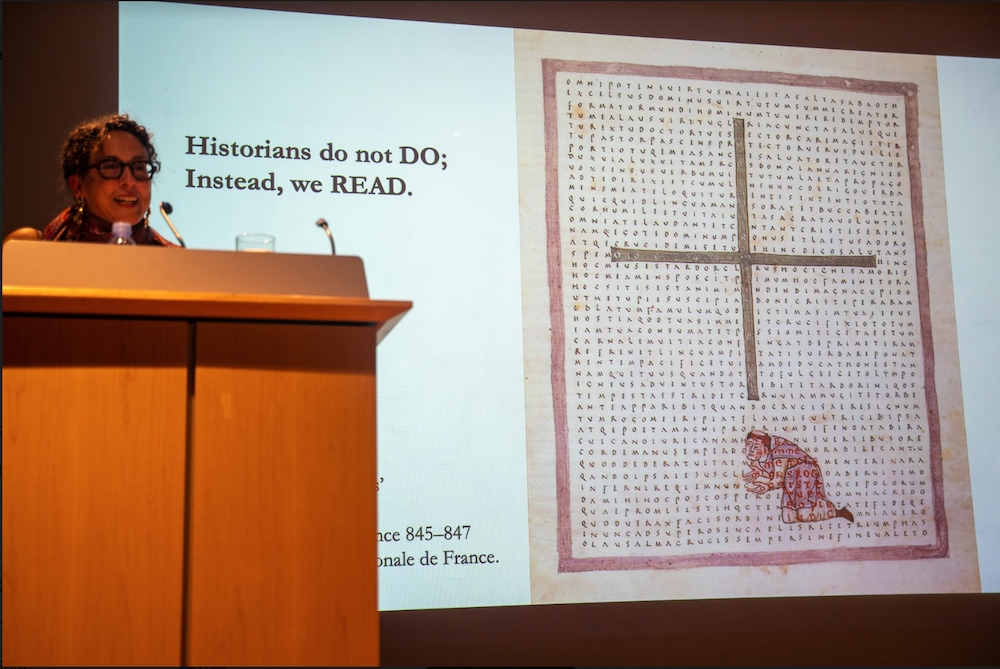Embodying Medieval History (Part I): Can We Use Performance to Understand Pre-Modern Monasticism?

Scholars of the Middle Ages (ca. 500-1500 C.E.) are deeply invested in texts, written archives, and historical methods that aim to be as close to objective as possible. This commitment is particularly heightened for scholars of Religious Studies, who seek to distinguish themselves from the biased, committed religious practitioners who used to write medieval Christian histories before 1950. But the devotional repertoire that medieval Christians embodied and practiced was felt and lived, and often not written down. PS Visiting Scholar Lauren Mancia (Brooklyn College/CUNY Graduate Center) proposes that historians cannot solely rely on texts to understand premodern monks and nuns--we must also explore these histories through embodiment and performance. Come learn about the scholarly stakes, pitfalls, and histories of this kind of work, especially as it pertains to the particular context of 1000-year-old Christian monastic communities.
BIO:
Lauren Mancia is an Associate Professor of History at Brooklyn College (CUNY) and an Associate Professor of Medieval Studies at the CUNY Graduate Center. She is also a lecturer on staff at The Met Cloisters. Mancia holds a PhD From Yale, an MA from the Centre for Medieval Studies at the University of Toronto, and a BA from Columbia. A scholar of medieval Christian monasticism, she is the author of two books, Meditation and Prayer in the Eleventh- and Twelfth-Century Monastery: Struggling Towards God (2023) and Emotional Monasticism: Affective Piety in the Eleventh-Century Monastery of John of Fécamp (2019); she has also authored many articles about devotional experience and the history of emotion in medieval Europe. As a Visiting Scholar in Performance Studies at NYU from 2023-24, Mancia is thinking about how scholars might better understand medieval religious experience using tools of Performance Studies, and, especially, how she might better communicate her ideas about medieval religion to contemporary audiences through performance and curated experiences.

Lauren Mancia

Lauren Mancia
